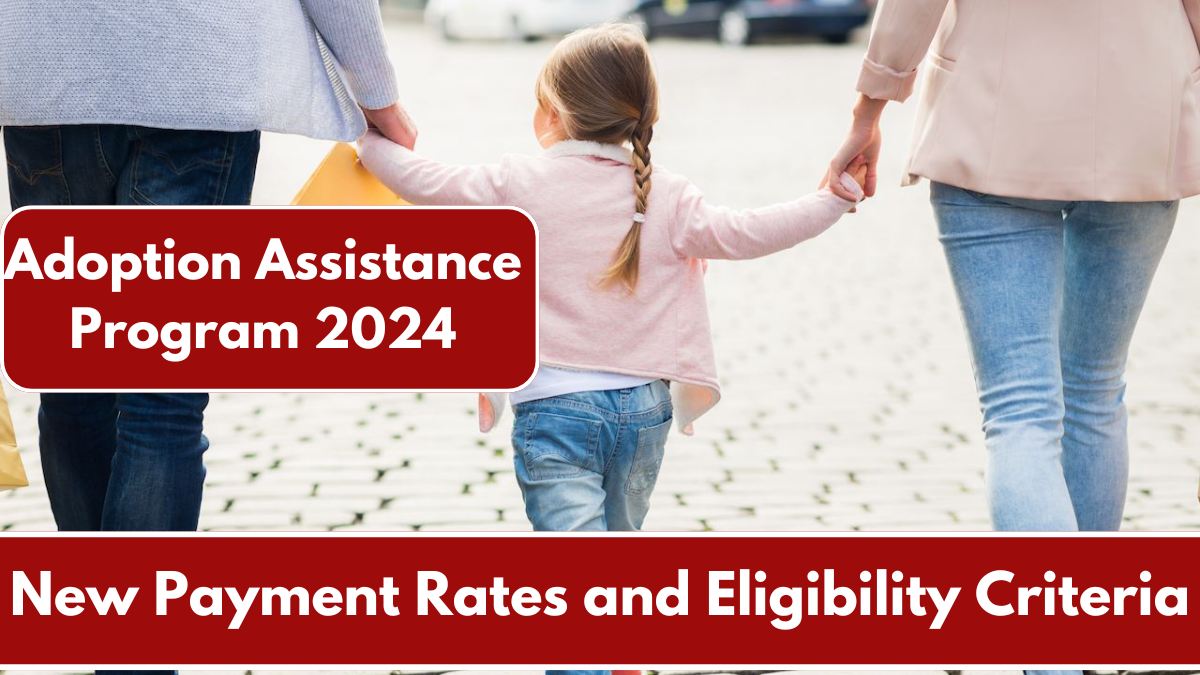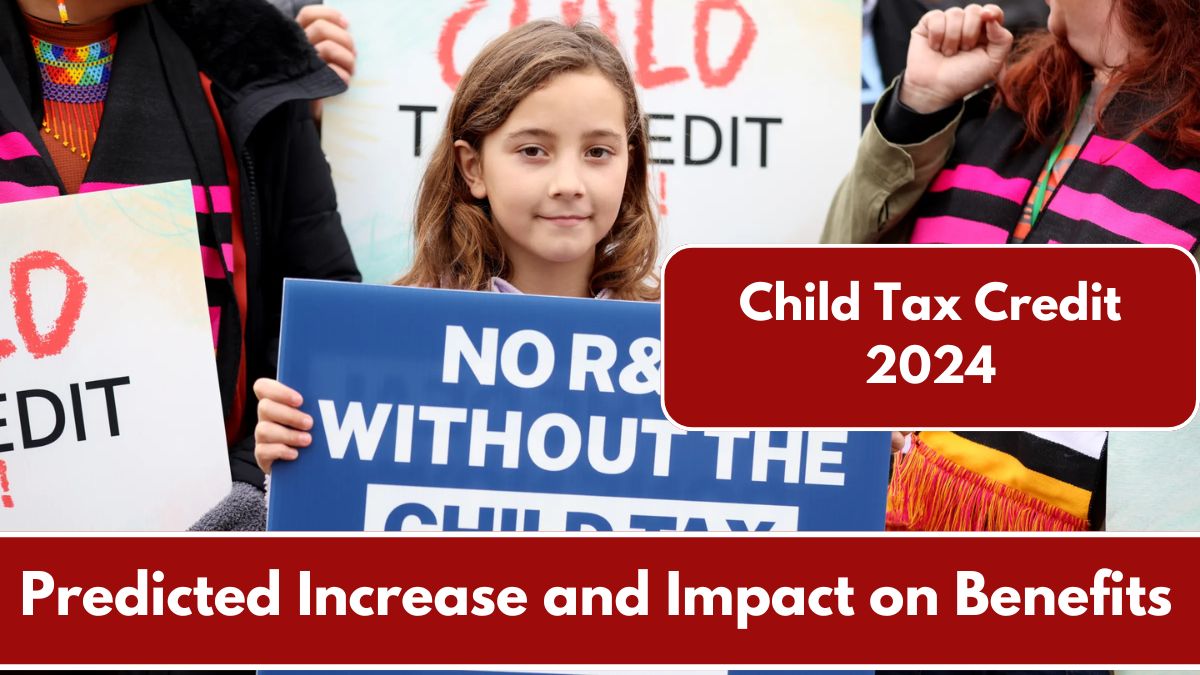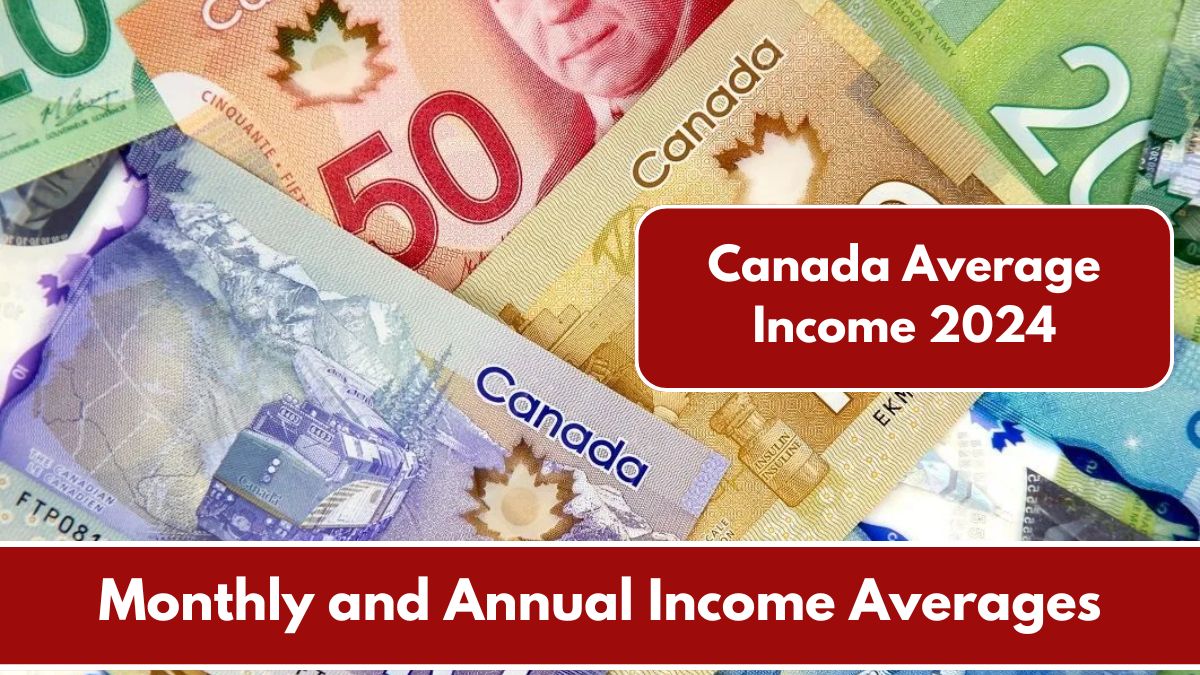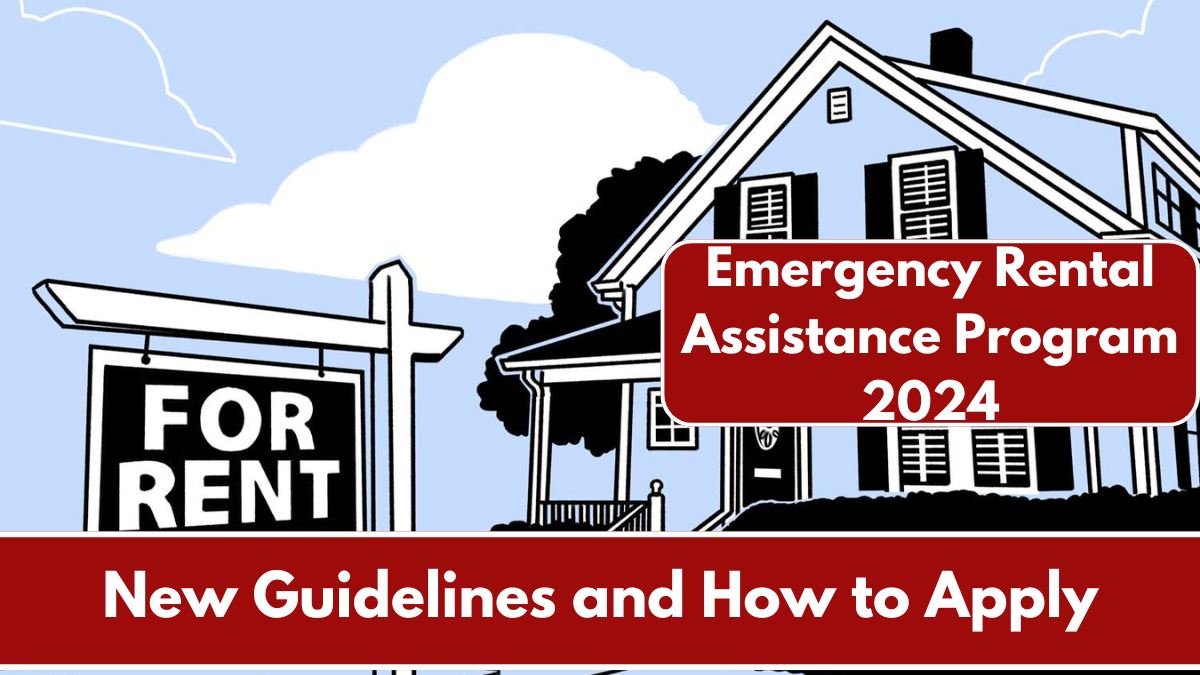Introduction:
As 2024 begins, significant changes to unemployment benefits are being implemented. These changes are designed to improve the system’s efficiency, provide more timely support to those out of work, and align the benefits with the current economic landscape. This article will cover the new rules, updated payment dates, and provide a breakdown of the changes you need to know.
Overview of the New Rules
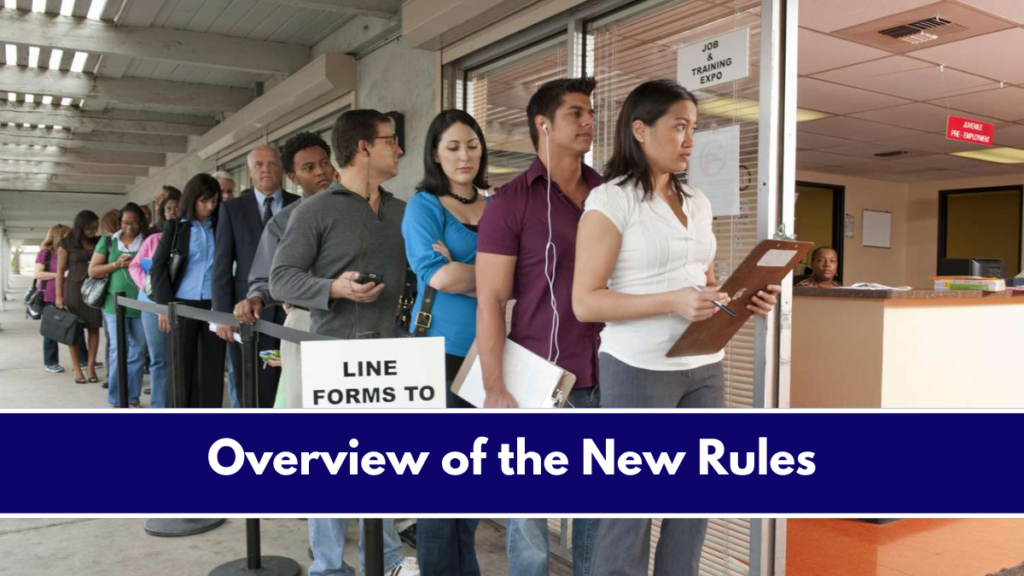
In 2024, the government is introducing several key changes to unemployment benefits:
- Stricter Job Search Requirements: Claimants will now be required to demonstrate more consistent and active job search efforts to maintain their eligibility.
- Shortened Benefit Duration: The duration for receiving full unemployment benefits has been reduced in some cases, depending on the claimant’s work history and the state of the economy.
- Increased Benefit Amounts: Despite the stricter requirements, benefit amounts have been adjusted upward to better support individuals while they search for new employment.
- Revised Eligibility Criteria: The criteria for qualifying for unemployment benefits have been updated, potentially excluding some part-time workers and freelancers.
- Streamlined Application Process: The application process has been simplified, with more online resources available to assist claimants.
New Payment Dates for 2024

One of the most important updates for 2024 is the adjustment to payment schedules. To ensure more timely distribution of funds, the payment dates for unemployment benefits have been revised. The new payment schedule will see benefits distributed bi-weekly, with payments typically arriving on the following dates:
| Payment Cycle | Payment Date (2024) |
|---|---|
| January 1st – January 14th | January 18th |
| January 15th – January 28th | February 1st |
| January 29th – February 11th | February 15th |
| February 12th – February 25th | February 29th |
| February 26th – March 10th | March 15th |
| And so on… |
This revised schedule aims to reduce delays and ensure that claimants have access to their benefits when they need them most.
Conclusion:
The changes to unemployment benefits in 2024 reflect the government’s efforts to modernize the system and provide more effective support to those who are unemployed. By understanding the new rules, payment dates, and eligibility criteria, claimants can ensure they receive the benefits they are entitled to while they search for new employment. For more detailed information, be sure to visit your state’s unemployment office website or contact a local employment advisor.
FAQ’s:
Q1.What are the new job search requirements for unemployment benefits in 2024?
Claimants must now demonstrate more frequent and active job search efforts, including applying to a minimum number of jobs per week, attending job fairs, or engaging in skill development programs. Failure to meet these requirements may result in a suspension or reduction of benefits.
Q2.How has the duration of unemployment benefits changed?
The duration for receiving full unemployment benefits has been reduced for some claimants, especially those with shorter work histories. However, the exact duration will depend on individual circumstances and the state of the economy.
Q3.Will the amount of unemployment benefits increase in 2024?
Yes, the benefit amounts have been adjusted to better align with the cost of living and to provide more substantial support to those who are out of work. The exact increase will vary depending on your previous earnings and location.
Q4.What are the revised eligibility criteria?
The eligibility criteria have been updated, potentially excluding some part-time workers and freelancers who do not meet the minimum income or work history requirements. It’s important to review the new criteria to determine if you still qualify for benefits.
Q5.How do I apply for unemployment benefits under the new system?
The application process has been streamlined, with a focus on online applications. Claimants can apply through their state’s unemployment website, where they will need to provide information about their employment history, income, and job search activities. Support is available for those who need help navigating the process.



